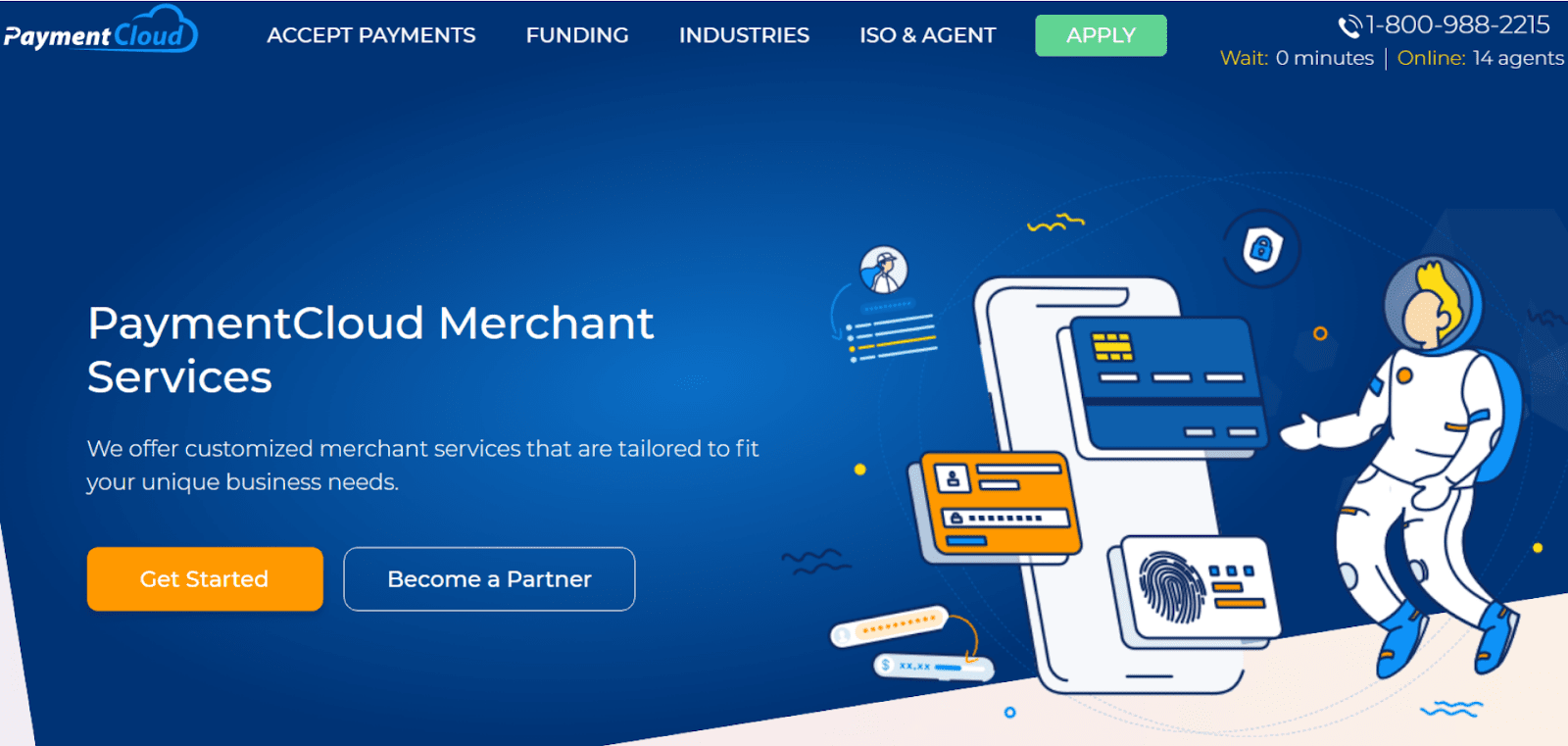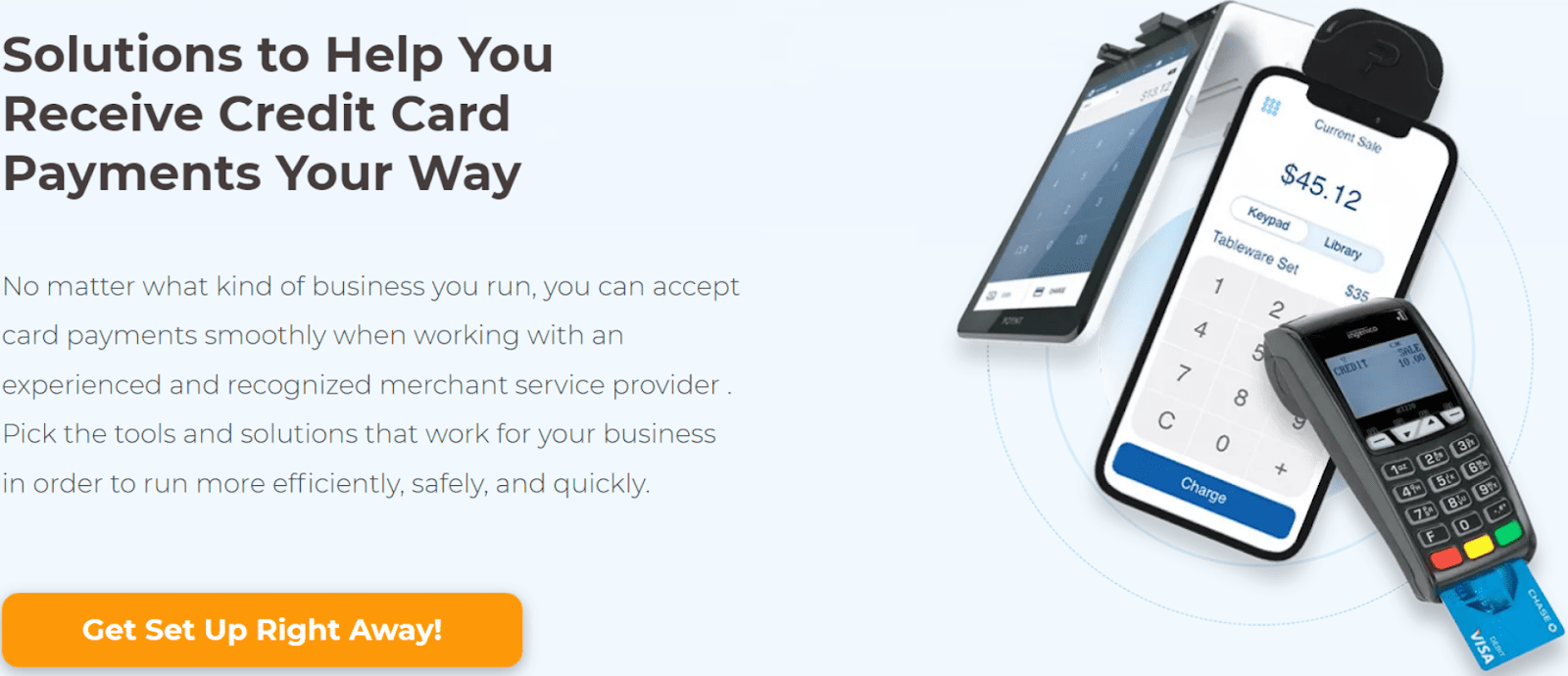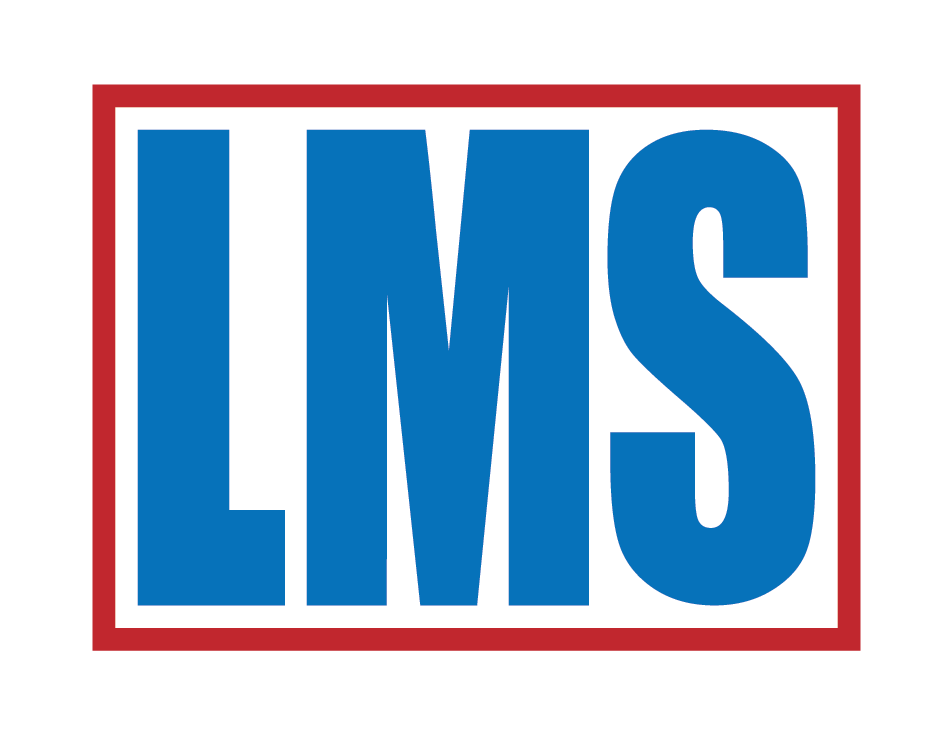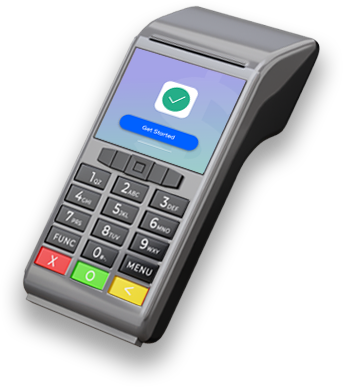| POS equipment | Free Payanywhere credit card reader, plus a range of POS hardware available to purchase |
| Payments methods accepted | Credit and debit cards, digital wallets, ACH, bank transfers, cryptocurrency |
| Payout times | 48 hours |
| Contract length | 2-year contract ($495 early cancellation fee) |
| Customer support | Email and phone support available Monday to Friday |
| Security | Level 1 PCI-compliant, tokenization, end-to-end encryption, advanced fraud detection and prevention |
A Great Processor for Mid To High-Risk Merchants

Finding the right credit card processor can be a hassle, and that goes double for high-risk businesses. High-risk merchants typically face longer approval times, steeper fees, and even downright rejection. PaymentCloud aims to be the go-to solution for mid to high-risk businesses that might struggle elsewhere. Does it deliver?
After extensive research on PaymentCloud and its competitors – including a deep dive into hundreds of customer reviews – I can confidently say that PaymentCloud offers a reliable service for high-risk merchants.
Besides its impressive 98% approval rate, PaymentCloud offers free, hands-on assistance to help customers apply, achieve PCI compliance, and resolve any issues as efficiently as possible. Once set up, merchants get access to a range of e-commerce and in-store payment features, the option to apply for business funding, and more.
Though most PaymentCloud merchants seem happy with their deals, PaymentCloud doesn’t publicly disclose its pricing information, making it harder to determine if it’s the best value option for your business. This is often the case with mid- to high-risk merchants, as they offer highly tailored contracts, but PaymentCloud seems to offer solid deals overall.
Read on to find out if PaymentCloud is the right choice for you.














